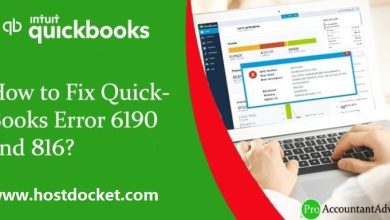
The National Pension Scheme, formerly the New Pension Scheme, is a pension program in India that is available to all of the country’s inhabitants. The National Pension Scheme invests the payments made by its subscribers in various money market instruments, such as stocks and bonds. The final pension amount is determine by how well these different investment options perform.
An NPS account can be open by any Indian citizen between 18 and 60 years old. The National Pension Scheme is overseen and govern by India’s Pension Fund Regulatory Authority. The NPS is consider fully mature at age 60; however, eligibility can be extend up to age 70 if desire.
Overview of NPS
The National Pension Scheme is the most reasonably price market-link retirement plan out of the three types of retirement plans: Public Provident Fund, Employees’ Provident Fund, and mutual funds. NPS scheme differs from fixed deposit scheme as FD states a fixed deposit amount, where you have to deposit a lump sum amount in the bank and then earn interest. At the same time, in NPS, you have to contribute a small amount which you will get in return with interest after retirement.
Listed below are some of the NPS benefits for an individual
Flexibility
Among the best features of the NPS Scheme, you can design your fund portfolio base on your own convenience as an investor, which is one of its best things. In terms of the USP of this scheme, what makes you feel reassure as an investor is that the government backs it.
An Investment with Low Risk
Regarding the risk aspect, NPS has been consider a relatively low-risk investment, offering you the opportunity to restructure your funds anytime at your convenience.
Savings on taxes
The National Pension Scheme satisfies the requirements of Section 80C of the Income Tax Act, which means that NPS scheme investors are eligible for tax breaks. Because of your amount, you would likely qualify for a tax deduction of around Rs. 50,000 that falls under Section 80CCD. It is not the end; under Section 80C, you can make an additional claim for a tax deduction of up to 150000 rupees. But to benefit from these advantages, you must invest in the NPS scheme’s Tier I category.
Well Regulate
PFRDA oversees NPS, which adheres to transparent investing regulations and has NPS Trust doing frequent monitoring and performance reviews of fund managers. The National Pension Scheme has the cheapest account maintenance fees compare to other pension Schemes that serve a similar purpose. The cost is essential when putting money down for a long-term objective like retirement because fees and other expenses can eat away at the corpus by a sizeable amount over 35 to 40 years of investment.
Portable
NPS enables smooth portability from one job to another and from one location to another. It would give individual customers a hassle-free arrangement when transitioning to a new job or location without requiring them to abandon the accumulation of their corpus, as is the case with many pension plans in India.
Assured Returns
Although NPS deals with equity, which usually doesn’t show any return benefits, NPS nevertheless has an advantage over its competitors in that it offers a higher return on investment. Compare with other options available in the market, such as FD Public provident funds, or Employees’ Provident Fund, it provides an overall guarantee return from the NPS scheme, which is higher than the other options available.
Conclusion
Retirement planning is challenging, and knowing what amount you will need to cover your retirement expenses in advance can be difficult. Several tools can be use to estimate this corpus, either base on an income replacement or an expensive replacement method.
It would be ideal to assume the number of years you may live in retirement and then multiply that number by your income or expenses just before you retire to figure out your retirement living expenses. The problem is that things aren’t as simple as they seem because you’ll also want to consider inflation, unexpect expenses arising from emergencies, or an unexpect health problem that costs more than your insurance coverage.




